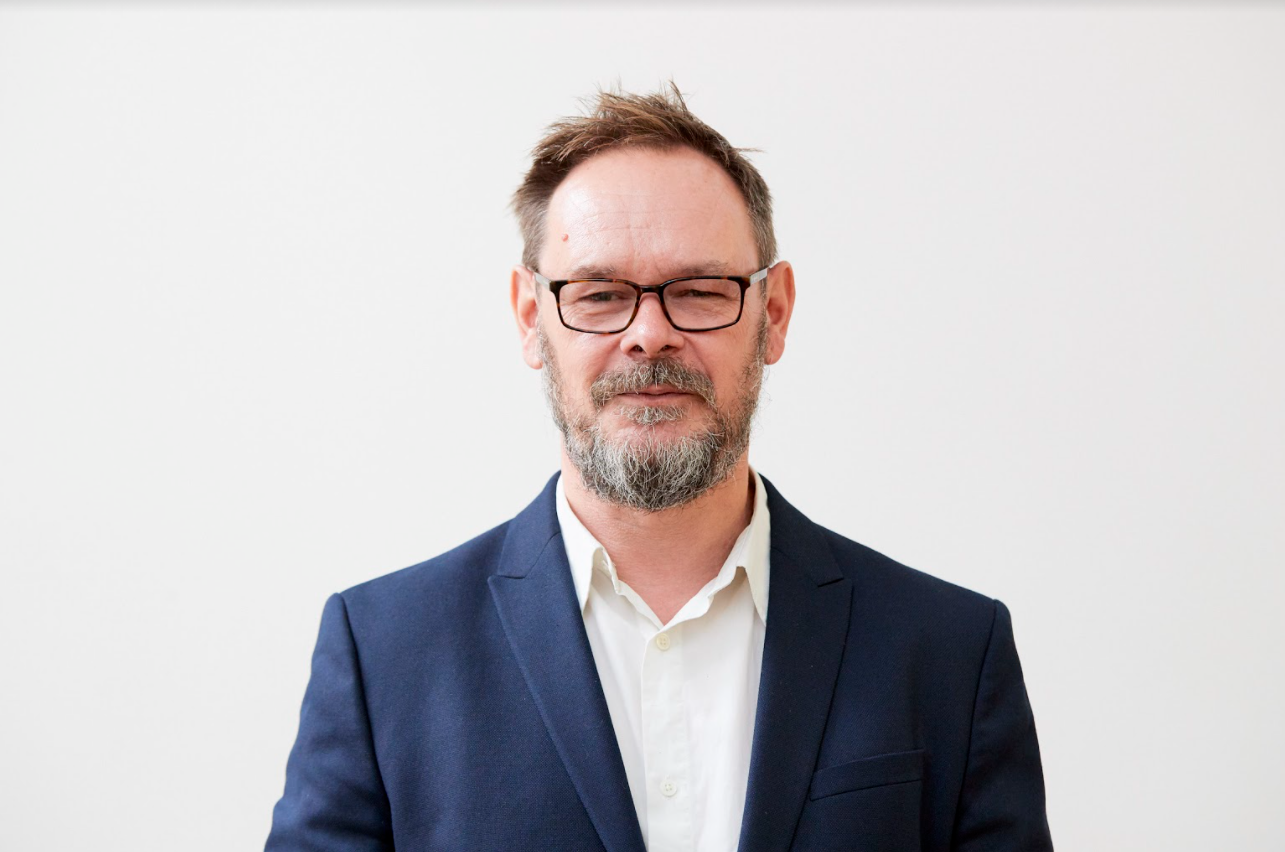New rough sleeping figures: Why is street homelessness rising again?
Chief executive Bill Tidnam discusses the recent increase in numbers of people sleeping rough

In the period since the start of the pandemic, reporting on numbers of people sleeping rough has been varied, often not taking into account the various ways individuals can be, or can find themselves, homeless. While the most recent CHAIN statistics signal that there has been another increase in people being made street homeless, Thames Reach chief executive Bill Tidnam explains that understanding the issues faced by people experiencing homelessness requires more than numbers.
“The 3% rise in numbers of people seen sleeping rough compares with a rise of 21% the previous year. We need to remember that this covers the first quarter of 2020/21, where a record number of people were experiencing street homelessness as a result of the economic impact of the first lockdown. These figures also tell us that there was an increase in numbers of people sleeping rough with no support needs and more younger people, which seems to represent this same group who would not ordinarily have slept rough.
“Fortunately we have seen a significant rise in funding for services working with people sleeping rough. The resulting increase in outreach activity has meant that more people have been seen and recorded by outreach workers, making the data more reliable.
“We do have significant concerns for the future though; the European Union Support Scheme, with its deadline at the end of June, means that the 20% of people seen rough sleeping who are from Central and Eastern Europe now have even more limited options. This also includes people who have been housed in temporary accommodation and hotels as a result of the pandemic, projects which now face closure.
“A lift in eviction bans has not resulted in an immediate increase in people sleeping rough, but the impact of this will take time to show, as will the end of increased Universal Credit payments in the autumn.
“The availability of short-term accommodation through the ‘Everyone In’ initiative has been welcome, but it does not remove the need for the sort of specialist, high-support-need settings that will help people come off the streets and rebuild their lives. Our outreach teams desperately need access to emergency accommodation that is immediately available, where need can be quickly assessed and suitable options can be identified for the individual.
“There are many reasons why people become homeless, and the accommodation available when people are helped off the street must cater to their needs and provide the right environment to gain stability and establish long-term options. The street is not the best place to achieve this.”
